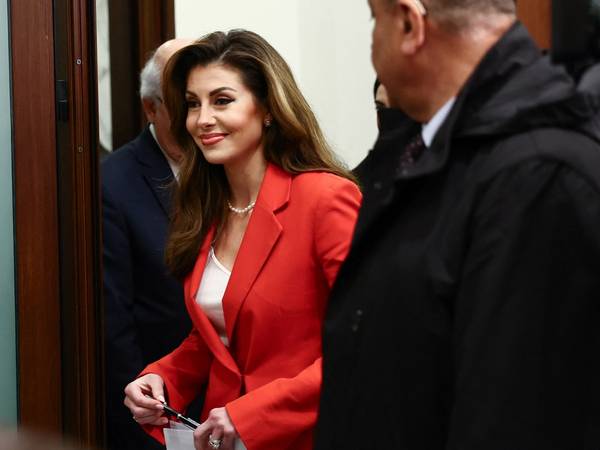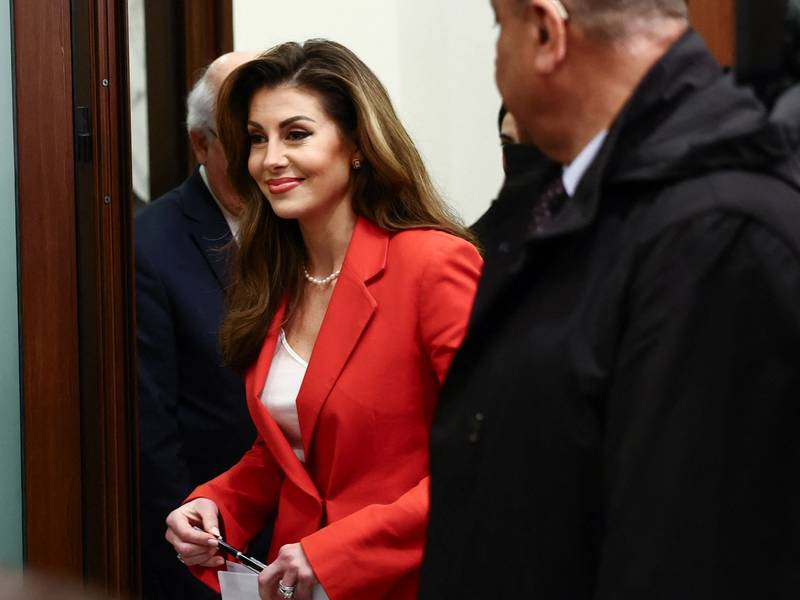US Deputy Special Envoy for the Middle East, Morgan Ortagus, said on Friday that Hezbollah's "reign of terror" in Lebanon and the region is over, crediting increased US pressure on Iran for the group's decline.
Speaking after meeting with newly elected Lebanese President Joseph Aoun in Beirut, Ortagus said Hezbollah’s involvement in Lebanon’s new government crosses a clear red line for Washington.
"We are committed to making sure that Hezbollah is not a part of this government in any form and that Hezbollah remains disarmed and militarily defeated. That starts with the pressure President Trump is placing on the Islamic Republic of Iran so they can no longer fund their terror proxies in the region," Ortagus said.
Her remarks come as Lebanon’s political landscape experiences what experts have called a seismic shift, with the election of US- and Arab-backed Aoun as president and Hezbollah reeling from its bruising defeats at the hands of Israel.
"The end of Hezbollah’s reign of terror in Lebanon and around the world has started, and it’s over," she said.
Ortagus emphasized that the US will continue efforts to prevent Iran from achieving nuclear capabilities and from destabilizing countries across the Middle East. "Iran was allowed to inflict chaos and harm in this country and so many others for decades, that ends with President Trump," Ortagus said.
Hezbollah suffered its most significant setbacks in years during Israeli strikes last year, with coordinated attacks in September and October decimating thousands of its operatives through precision airstrikes and targeted explosions. The killing of key figures, including Hassan Nasrallah, the group's longtime secretary-general, shattered Hezbollah’s leadership core and left its command structure in disarray.
Keen to limit Hezbollah's influence, Washington is reportedly exerting significant pressure on Lebanon’s political leadership.
As Prime Minister-designate Nawaf Salam works to form his cabinet, US officials are urging Beirut to block Hezbollah and its allies from securing key posts, particularly the finance ministry.
Citing sources, Reuters reported that Washington relayed that Lebanon could face difficulties securing foreign financial aid crucial for post-war reconstruction if Hezbollah or Amal—a Shia political party and longtime Hezbollah ally—were to select the country's next finance minister.

